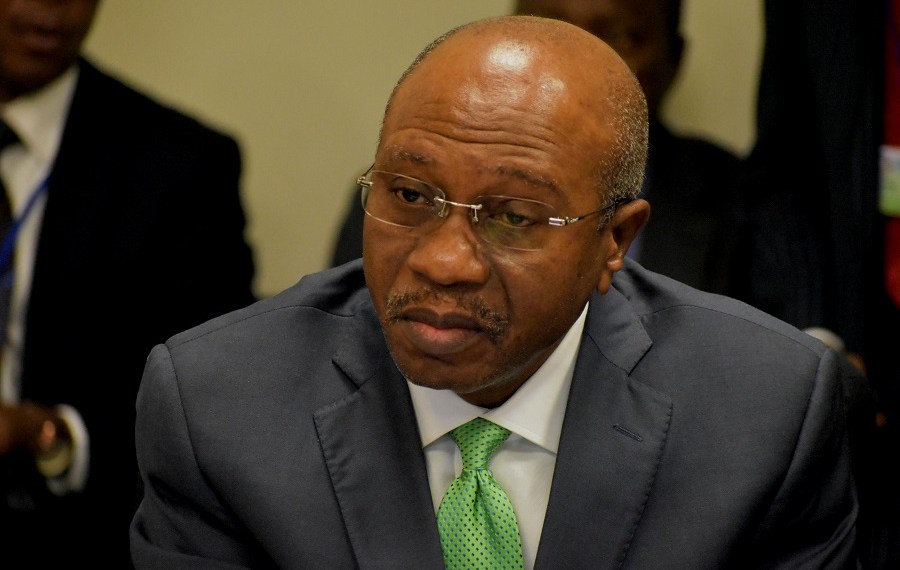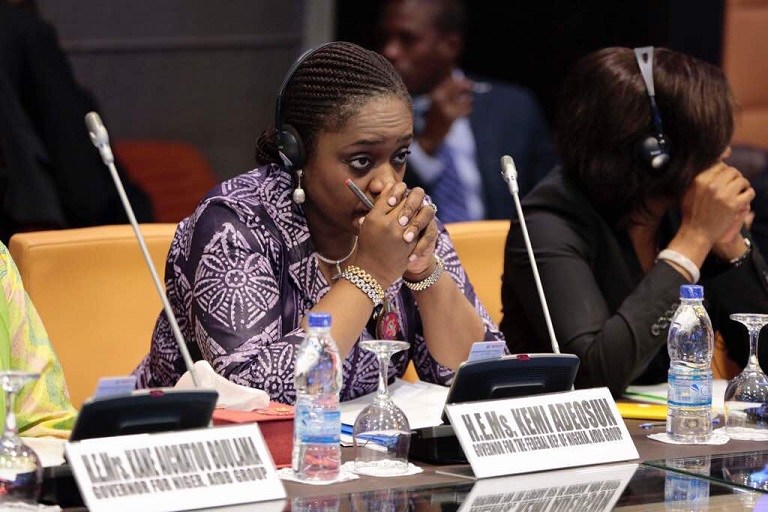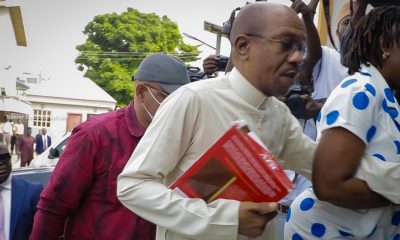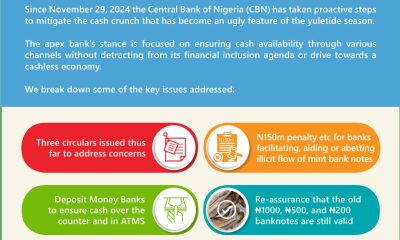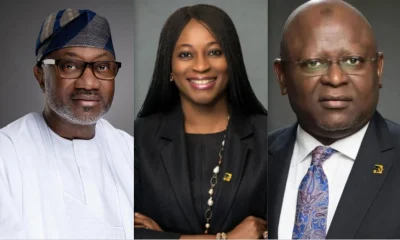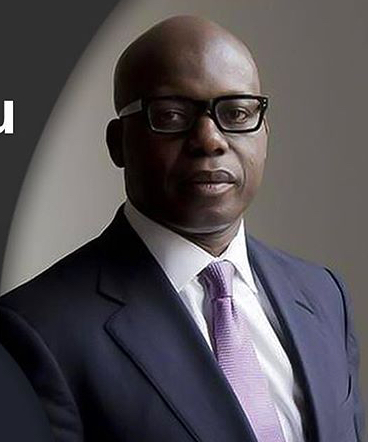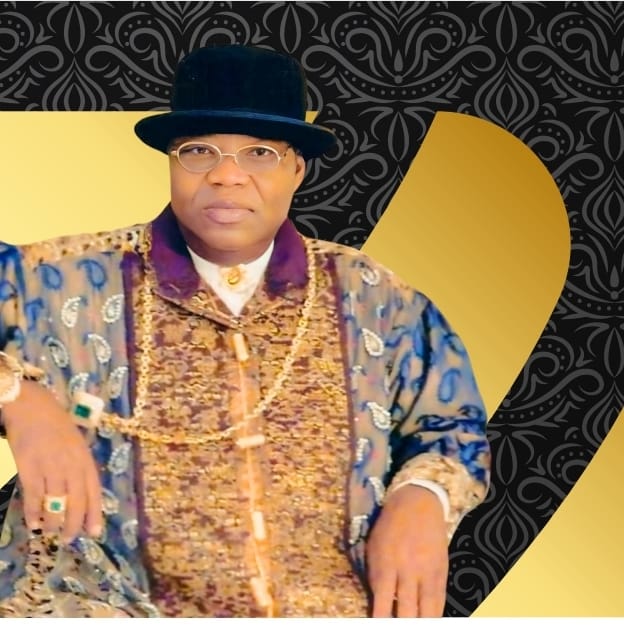In the intricate corridors of global jurisprudence, the scales of justice often tip under the weight of political machinations and economic interests. The case of Dan Etete, Nigeria’s former Minister of Petroleum, epitomizes how legal systems can be manipulated, leading to profound personal and national injustices.
Dan Etete, appointed as Nigeria’s Minister of Petroleum Resources in 1995, played a pivotal role in introducing the marginal oil field regime and indigenous participation in Nigeria’s oil and gas industry. His contributions have however been beclouded by the controversy around the controversial OPL 245. This oil block, one of Africa’s richest, became the focus of a protracted legal battle involving major oil companies amid allegations of corruption. Etete’s involvement led to accusations that have marred his reputation and overshadowed his contributions to Nigeria’s oil sector.
In a landmark decision, an Italian court acquitted Eni, Shell, and associated individuals, including Etete, of corruption charges related to OPL 245. The court concluded that there was no case to answer, highlighting the absence of sufficient evidence to substantiate the allegations. This verdict underscores the complexities inherent in international legal proceedings, where accusations often outpace the evidence required for conviction.
Etete’s ordeal is not isolated. Globally, individuals have faced similar legal battles, where accusations are levied, with years spent in court, only to culminate in acquittals. These cases highlight systemic issues within legal frameworks that allow for the weaponization of justice, often driven by political or economic motivations.
The protracted legal saga of Amanda Knox serves as a poignant illustration of Italy’s judicial labyrinth. Knox, an American student, was accused of the 2007 murder of Meredith Kercher in Perugia. After initial convictions and subsequent acquittals, she was finally exonerated by Italy’s Supreme Court in 2015.
The case highlighted significant issues within the Italian legal system. Issues were raised around the handling of forensic evidence, media interference, and prosecutorial conduct. It also underscored the challenges of ensuring justice in a system where legal procedures can be as complex as the crimes themselves.
In the UK, the case of the Birmingham Six remains a stark reminder of the fallibility of justice systems. Six Irish men were wrongfully convicted in 1975 for pub bombings in Birmingham, based on coerced confessions and questionable forensic evidence. After 16 years of imprisonment, their convictions were quashed in 1991, revealing systemic flaws such as investigative misconduct and the suppression of evidence. This case prompted significant reforms in the UK’s criminal justice system, emphasizing the need for checks and balances to prevent miscarriages of justice.
The term “weaponization of justice” refers to the deliberate manipulation of legal systems to achieve objectives beyond the pursuit of truth and fairness. The weaponization of legal technicalities, whether through coerced confessions, mishandled evidence, or political interference, undermines the foundational principles of justice.
In Dan Etete’s case, the prolonged legal battles, despite eventual acquittal, suggest a misuse of judicial processes, leading to reputational damage. Despite his achievements that merit recognition, and most notably his discharge and acquittal in three jurisdictions – ITALY, UNITED KINGDOM, and Nigeria; he has remained the focal point of smear campaigns.
What does his discharge and acquittal really mean? It means that Dan Etete has been formally cleared of charges in a court of law. This means the court has found him not guilty of the charges brought against him. An acquittal signifies that there was insufficient evidence to prove the person committed the alleged offence, or was proven innocent. This means the accused is released from the legal process and is free to go. If he has been found to have done nothing wrong by the Nigerian Legal system, where the judiciary has come under scrutiny in recent times, is it being insinuated that the course of justice was perverted in those other jurisdictions?
In reflecting upon the Chief Dan Etete cases, it becomes evident that the pursuit of justice requires constant vigilance, systemic introspection, and unwavering commitment to fairness. Just as poverty can be weaponized to perpetuate societal inequities, legal ambiguities when exploited, lead to miscarriages of justice.
Moreover, they erode public trust in legal institutions, deter individuals from public service, and can have economic repercussions, especially in sectors as vital as oil and gas. Furthermore, they highlight the need for reforms to prevent the misuse of legal systems and to ensure that justice is truly blind.
Politically Exposed Persons (PEPs) often find themselves under intense scrutiny due to their influential positions, making them susceptible to allegations of corruption. In several instances, PEPs have been wrongfully accused and, despite subsequent exoneration, have suffered significant reputational damage due to smear campaigns. Here are five notable cases from different countries:
Former President John Dramani Mahama was implicated in a bribery scandal involving Airbus SE, with allegations suggesting his involvement through his brother, Samuel Adam Mahama. These claims, lacking substantial evidence, were perceived as politically motivated to tarnish Mahama’s reputation and divert attention from governmental shortcomings. The Office of the Special Prosecutor (OSP) eventually exonerated Mahama, but the smear campaign had already inflicted damage on his public image.
Adolphus Wabara, former President of the Nigerian Senate, faced allegations in 2005 of accepting a ₦55 million bribe to influence budget approvals. Despite his resignation and a prolonged 14-year legal battle, Wabara was acquitted in 2019 due to insufficient evidence.
Frederick Chiluba, Zambia’s second President, faced allegations of embezzling public funds after his tenure ended in 2002. Following a protracted legal process, Chiluba was acquitted of all charges in 2009. The court determined that the prosecution failed to provide compelling evidence linking him to the alleged crimes. This verdict underscored the challenges in distinguishing between political vendettas and genuine anti-corruption efforts.
Georgia Thompson, a Wisconsin state employee, was convicted in 2006 on federal corruption charges, accused of steering a state contract for political reasons. The U.S. Court of Appeals for the Seventh Circuit overturned her conviction in 2007, citing a lack of evidence.
Former Prime Minister Khaleda Zia was accused of misusing funds related to the Zia Charitable Trust, leading to her conviction and imprisonment in 2018. In November 2024, the Supreme Court of Bangladesh acquitted Zia and all co-accused, citing a lack of credible evidence.
Nabil Sayadi, director of the European branch of the Global Relief Foundation, was accused of transferring funds to an Al-Qaeda financier, leading to his inclusion on international watch-lists and the freezing of his assets. In 2006, Belgian judges exonerated Sayadi, citing a lack of evidence linking him to terrorist activities.
These cases highlight the profound impact that unfounded corruption allegations and smear campaigns can have on PEPs, often resulting in lasting reputational harm even after legal exoneration.While many accusations are substantiated, there are notable instances where PEPs have been wrongfully accused and subsequently exonerated by the legal system.
Chief Dan Etete’s experience, like the ones already referenced, serves as a stark reminder of the potential for justice systems to be weaponized. It calls for introspection and reform to safeguard the principles of fairness and equity, ensuring that individuals are protected from undue legal persecutions driven by interests that have little to do with justice. This underscores the necessity for robust legal frameworks that ensure due process, protect individuals from politically motivated accusations, and uphold the integrity of judicial systems worldwide.
*** Jeremiah Perekeme Owoupele is a Niger Delta based lawyer.

 Society7 years ago
Society7 years ago
 Society4 years ago
Society4 years ago
 News and Report6 years ago
News and Report6 years ago
 News and Report7 years ago
News and Report7 years ago
 Society4 years ago
Society4 years ago
 News and Report6 years ago
News and Report6 years ago

